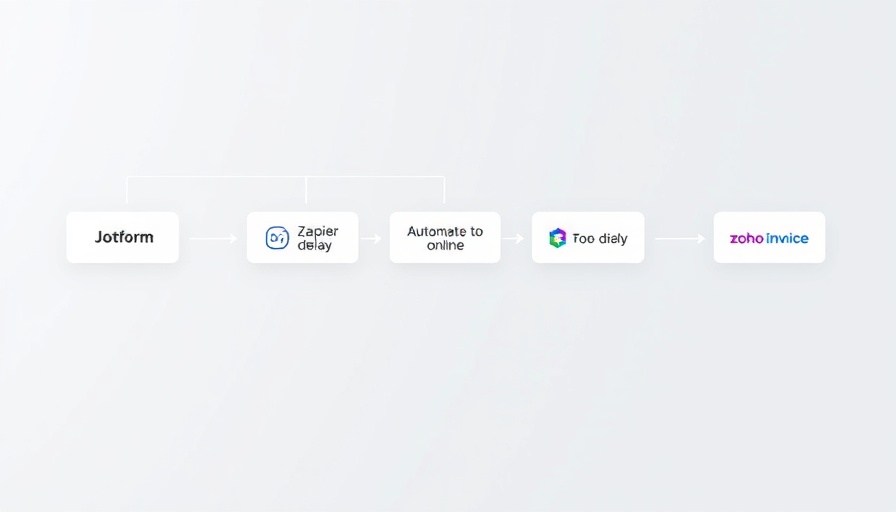
Understanding Recent Sanctions on IT Services
The landscape of digital marketing and task management is undergoing significant shifts due to geopolitical factors and regulatory changes. Recently, the US has expanded sanctions against Russia, Belarus, and several other nations, such as Iran and North Korea. As a result of these actions, companies like Zapier have announced that beginning September 12, 2024, they will cease providing services to customers located in sanctioned countries. This decision reflects an adherence to international law, but it also highlights the complexities that organizations face regarding global market access and compliance.
The Impact of Sanctions on Global Marketing Firms
Marketing professionals, especially those relying on automation tools to streamline their workflows, may face disruptions due to these enforced sanctions. For many agencies, accessing essential software solutions is vital in maintaining efficiency and productivity. Moreover, the inability to leverage automation tools in certain countries could lead to significant competitive disadvantages.
A Shift Towards Compliance and Adaptation
As companies navigate these evolving regulations, they’re increasingly prioritizing compliance while still aiming to innovate. Understanding the implications of these sanctions is vital for marketing professionals whose campaigns might have crossed over international borders. Creativity must now exist alongside compliance, necessitating a strategic re-evaluation of operational approaches. This alters how marketing professionals strategize outreach and implement task automation, pushing them to consider alternatives that comply with the new regulations.
Strategies to Adapt in a Changing Landscape
To remain at the forefront amidst these sanctions, marketers can explore alternative solutions that do not violate regulatory stipulations. For instance, utilizing local service providers in non-sanctioned regions could enable continued access to vital tools without interruption. Additionally, investing in training that emphasizes compliance and risk management can help teams adapt swiftly to the changing landscape.
Preparing for Future Changes
Looking ahead, it’s crucial for marketing professionals to stay informed about both local and global regulations that may affect their work. Developing a robust risk assessment framework can help firms anticipate challenges and capitalize on opportunities that arise from regulatory shifts. Engaging with industry bodies and legal experts can further help in understanding the nuances of sanctions.
Conclusion
As sanctions reshape the digital tools available to marketing professionals, proactive measures and strategic adaptations are essential for navigating this complex environment. By aligning workflow automation with compliance needs, firms can not only survive but thrive in an evolving market landscape.
 Add Row
Add Row  Add
Add 




Write A Comment